Through climate strikes around the world, young people are demanding world leaders take immediate action against climate change. But enough emphasis is not placed on the importance of voting. Some assume that effective climate policy only comes from presidents, prime ministers and congresspeople. But in the United States, that is not the case.
How environmental policy works
- Congress enacts laws – like the Clean Water Act (1972) and Clean Air Act (1990) – that authorize the Environmental Protection Agency (EPA) and other federal agencies to create environmental regulations.
- Under the President’s guidance, the EPA Administrator sets national standards for greenhouse gas emissions, wastewater, toxic substances, and more. Since 2017, however, the Trump administration has been rolling back vital EPA regulations.
- State and local governments create and implement the actual policies (in accordance with federal requirements) that affect Americans on a daily basis such as waste management and energy infrastructure.
- State-level policies can support investment in green energy. Arizona provides corporate tax breaks to encourage renewable energy infrastructure. Similarly, New York State prohibited the construction of multiple gas pipelines – most recently in 2019. (A new Trump Administration regulation curbs states’ ability to oppose major projects.)
- Local officials set water policy to provide residents access to clean water. In Flint, Michigan, because of local officials’ mismanagement and carelessness, the local water supply contained lead. In contrast, New York City ensures residents have access to high-quality drinking water through pathogen checks, fluoridation and lead contamination prevention efforts.
Why your vote matters
- By electing city council members, state congresspeople and representatives who champion environmental policies, voters can make their environmental concerns heard. Recent elections have already had a tremendous impact on environmental policy and climate change could be the top political issue in the 2020 elections.
- In 2019, Virginia’s legislature whose members ran on climate-focused platforms, passed the Clean Economy Act to transition to 100% renewable energy by 2045.
- The election in 2018 of Congresswoman Alexandria Ocasio-Cortez, who is committed to fighting climate change, led to the Green New Deal’s proposal in the U.S. Congress in 2019. This proposal sparked a movement with moderate and progressive candidates alike endorsing it.
The bottom line
- If voters prioritize climate change, politicians will too. Already, as voters are more concerned about climate change, politicians are adopting robust platforms to combat climate change.
- Though you may feel your vote doesn’t matter in elections, it does. Individual votes are powerful in state and municipal elections. By electing candidates committed to combating climate change, voters can push for climate policy and bring climate change to the forefront of politics.
- Nevertheless, presidential initiative remains important in the fight against climate change, as the executive branch sets national legislative goals.
Remember: climate change can be fought in the streets and at the ballot box. Vote for candidates who prioritize the issues you value in local, state and federal elections. At the end of the day, votes shape policies, not vice versa.



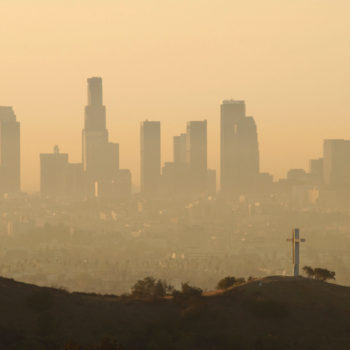
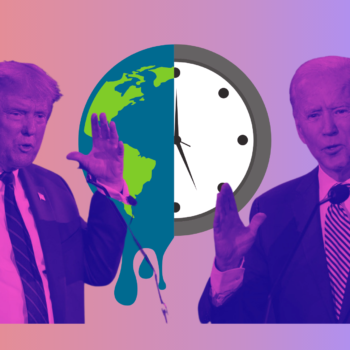

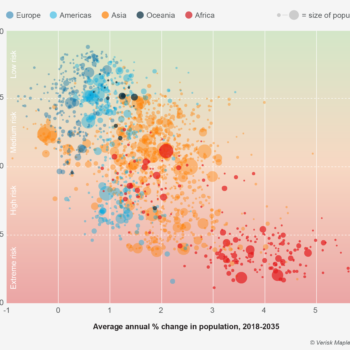
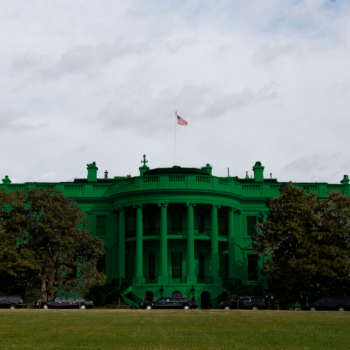


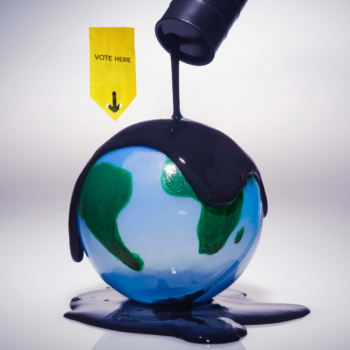


No Comments